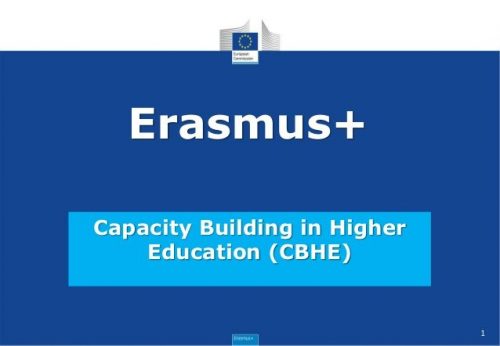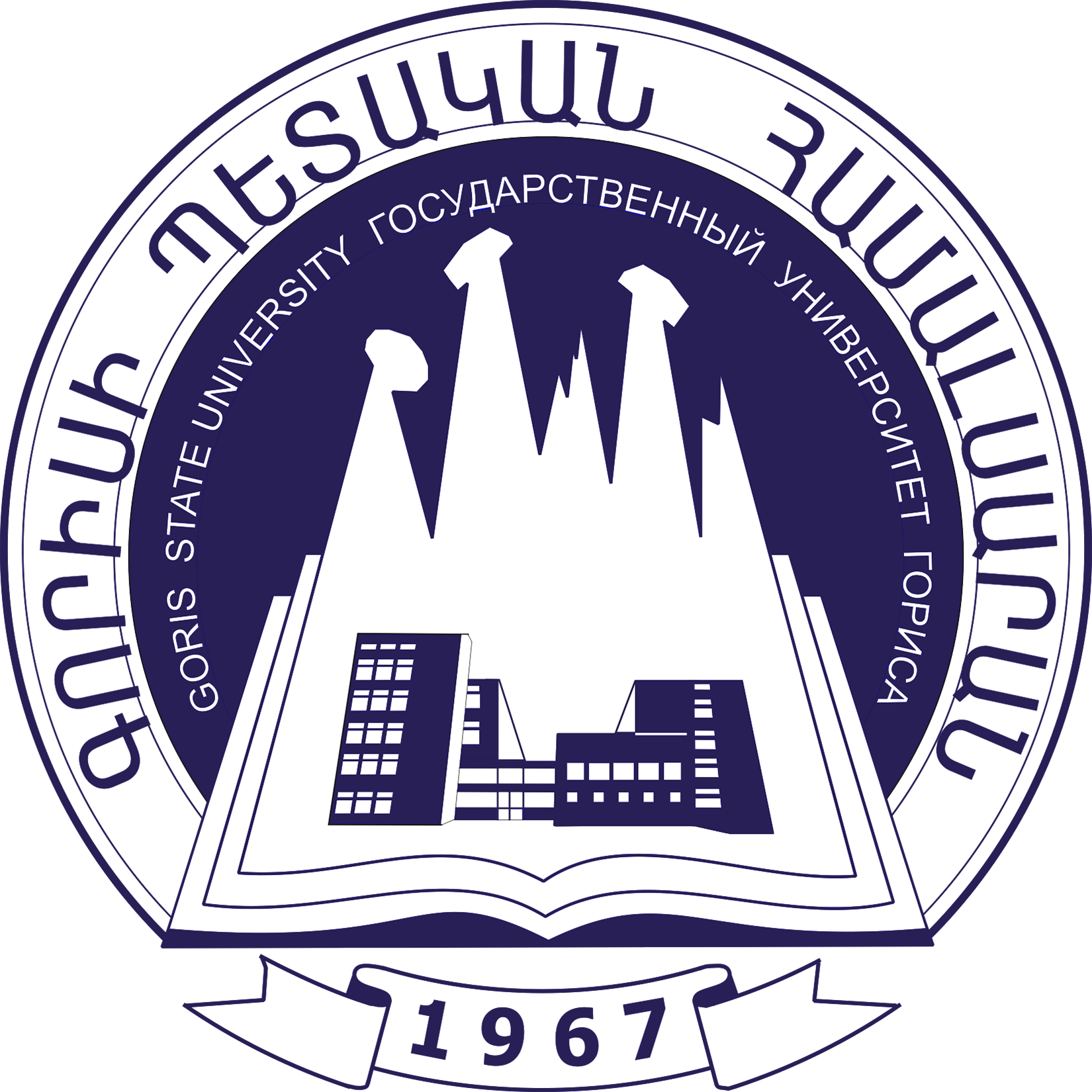New Erasmus+ Capacity Building Projects at Goris State University

Dear students, the selection results of the last Call for Proposals for Erasmus+ Capacity Building in Higher Education under 2014-2020 Programme Framework have been published. In total, 1032 proposals were submitted of which 164 applications were recommended for funding.
We are pleased to inform you that Goris State University is a partner of two projects: “Support for Innovative Methodology, Approaches and Tools for Teaching through the Medium of English in order to improve Educational Field, Sustainability and Internationalization” (SMARTI) and “Capacity Building in Sustainability for Architectural Heritage” (SAH).
We congratulate all of us wishing efficient implementation of the projects. Below are brief descriptions of the above programs.
Below are short descriptions of these projects.
- SUPPORT FOR INNOVATIVE METHODOLOGY, APPROACHES AND TOOLS FOR TEACHING THROUGH THE MEDIUM OF ENGLISH IN ORDER TO IMPROVE EDUCATIONAL FIELD, SUSTAINABILITY AND INTERNATIONALIZATION (SMARTI)
SMARTI project is coordinated by the Technical University Dresden (Germany). Partner countries are Armenia (Public Administration Academy of RA, Vanadzor State University, Armenian National Agrarian University, Shirak State University, Goris State University, National Center for Professional Education Quality Assurance Foundation) and Russia (Ogarev Mordovia State University, Irkutsk National Research Technical University, Federal State Autonomous Educational Institution of Higher Professional Education, Petrozavodsk University, Certification Association Russian Register). EU partners are Riga Technical University (Latvia), Catholic University of Portugal (Portugal) and Liverpool John Moores University (UK).
EMI (English Medium Instruction) implies using the English language to teach academic MA and PhD in science, math, medicine, engineering, IT etc. in countries where English is not the official language and in which the students’ first language is not English.
Armenian and Russian universities are attempting this at the moment as the description form explains. However, although the teaching of EMI non-language study programs is becoming a global phenomenon outside Anglo-Saxon countries the quality in Armenia and Russia is very uneven with little staff training.
- Evaluate AM & RU practices in teaching academic content in English (EMI teaching) and EMI competence enhancement
- Study best European practices in teaching academic content in English (EMI teaching) and EMI staff competence enhancement
- Create model and professional competences descriptor of university teacher of academic content in English.
- Conduct efficient Start Off meeting to ensure full implementation of project goals, create management teams and Quality Control Plan.
- Develop and set-up the network of EMI Training Centres including development of documentation, intake and training of staff for the Centres. People, knowledge and facilities are connected within the Centres, allowing for the creation of new connections and solutions on a sustainable basis.
- Train PC universities staff in European best practices in both ESP (English Language Audit, ongoing support for weaker participants and soft skills for stronger ones plus ECTS training to bring participants up to CEFR B2 level) and in EMI best practice teaching.
- PC partners develop and pilot (2 times) 9 EMI Staff pedagogical training Modules for trainee teacher students and for staff in Armenia and Russia using ECTS/Tuning Modular framework.
- Develop EMI Pedagogical (pdf and hardcopy) Handbook for all faculty use.
Overall impact are outputs professionalism and internationalization.
- Capacity Building in Sustainability for Architectural Heritage (SAH)
SAH project is coordinated by the Università degli Studi dell’Aquila (Italy). Partner countries are Armenia (National University of Architecture and Construction, Goris State University and Chamber of Architects of the Republic of Armenia), Russia (Lomonosov Moscow State University,Kazan State University of Architecture and Construction,Federal State Autonomous Educational Institution of Higher Professional Education,Samara State Technical University) and Iran (University of Tehran, Islamic Art University of Tabriz). EU partners are Rheinisch-Westfaelische Technische Hochschule Aachen (Germany), National Technical University Of Athens (Greece), Building Crafts College (UK).
The wider objective of the project is to update and improve the quality of curricula in the sphere of Sustainability for Architectural Heritage (Historic BIM and Urban Historic Landscapes) in RF, Armenia and Iran to meet the needs of sustainable development of a global market. Specific project objectives are development and testing of new interdisciplinary training models for BA and MA degree level curricula of architectural practical-oriented education for Architectural Heritage, creation of an interactive platform for education, science, practitioners and authorities in order to form modern professional competences of specialists, responding to the needs of a sustainable society in the sphere of Architectural Heritage. To solve these issues we will create an effective team of representatives from all of the universities within the consortium and associate members.
The main idea is to form a core of knowledge (new curricula and syllabi for degree courses) for the formation of a new type of architect-restorers with a good scientific base who are able to adapt to the technological evolutions and provide innovative solutions for heritage structures.
Much attention in the project will be paid to teachers from RF, Armenia and Iran retraining in EU universities. This will allow, on one hand to change the outlook of teachers with an emphasis on interdisciplinary knowledge, and on the other, to prepare new courses and upgrade existing courses necessary for the implementation of the new curriculum.
Another innovative solution in the project is the creation of the Network of Multidisciplinary Centres of “Sustainability for Architectural Heritage” (NSAH) for the creative training of architect-restorers in the context of interdisciplinary skills.
The network will use the up-to-date video conferencing technologies for students and members to access lectures and seminars conducted by lecturers from leading EU universities.
